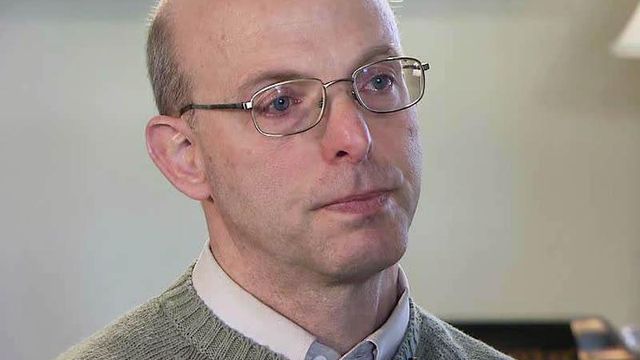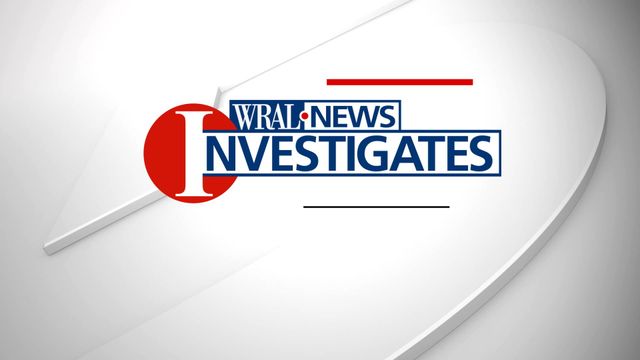Was science of blood evidence lost in translation to jurors?
A scathing review of the state crime lab last summer prompted a flood of motions from defense attorneys to review the cases of convicted killers, and legal experts say part of the problem lies in the science of blood evidence.
Posted — UpdatedAn independent review of the crime lab last year concluded that State Bureau of Investigation analysts had frequently misstated or falsely reported blood evidence in about 200 criminal cases during a 16-year period ending in 2003.
Some of the most egregious violations found were linked to Duane Deaver, whom Attorney General Roy Cooper fired in January.
In an exclusive interview last Friday with WRAL Investigates, Deaver spoke for the first time since his termination, maintaining that he simply followed SBI policy and didn't do anything wrong.
"People seem to have put a lot of the responsibility for these cases on me, but it's just a piece of the puzzle," he said.
SBI policies, which have changed since the independent review, used to call for blood analysts to include initial test results in their official report, while the results of negative secondary tests were included only in each analyst's notes.
"We can't say that's blood, but it might be blood," Deaver said.
Critics argue that lack of proof wasn't always made clear to a jury.
"Any layperson is going to say, if someone says positive for the presence of blood or an indication of blood, that to them means blood is present. It's ridiculous to think otherwise," defense attorney Diane Savage said.
Savage represented George Goode during appeals of his conviction for the murder of a Johnston County couple. She has argued for years that Deaver misled jurors in the case by indicating blood was on Goode's boots when secondary tests done in the crime lab came back negative.
State courts backed Deaver's expertise in the Goode case, but a federal judge sided with Savage in 2009, calling the evidence "misleading."
Deaver contends it was the job of prosecutors and defense attorneys to make the distinction clear to jurors of an indication of blood versus the presence of blood. He said he could do so when testifying at trial, but he often wasn't called as a witness.
For example, he never testified during Greg Taylor's 1993 murder trial, although his report showing an indication of blood on Taylor's truck was cited in the trial. His notes about a secondary test with a negative result weren't revealed at the time.
An independent judicial panel found Taylor innocent in February 2010 after he had served 17 years in prison. That ruling prompted the independent review of the crime lab.
"I was told when all this came up that a man was put to death because I falsified a report," Deaver said. "I cried. I would never do that."
Without citing the case, he said he later learned his work didn't lead to that execution, but he said that is part of what he calls misinformation that has destroyed his career.
"Many people have said many things about me that are absolutely untrue," he said.
Peg Dorer, director of the North Carolina Conference of District Attorneys, concedes there may have been cases where prosecutors and defense attorneys didn't truly understand the science of blood evidence. Still, she said, she believes the overwhelming majority of cases cited in the independent review of the crime lab had just outcomes at trial.
"Most cases are a compilation of a variety of things from a variety of law enforcement sources, not just a lab test," Dorer said.
More definitive DNA tests have replaced the older blood analysis techniques in many criminal cases.
Cooper declined to comment on Deaver's case, calling it a personnel matter.
The state Innocence Commission has filed a contempt of court charge against Deaver in connection with his testimony during Taylor's hearing last year. No hearing has been set to determine whether he lied under oath, but he said he looks forward to the day he can defend himself against the charge and win back his job.
"I feel like I'm alone and taking this on my shoulders," he said. "I think, in the days to come, I'll be able to prove (my integrity) to the people of North Carolina, and I think they'll be able to be proud again of the agency that they paid much money for."
• Credits
Copyright 2024 by Capitol Broadcasting Company. All rights reserved. This material may not be published, broadcast, rewritten or redistributed.






